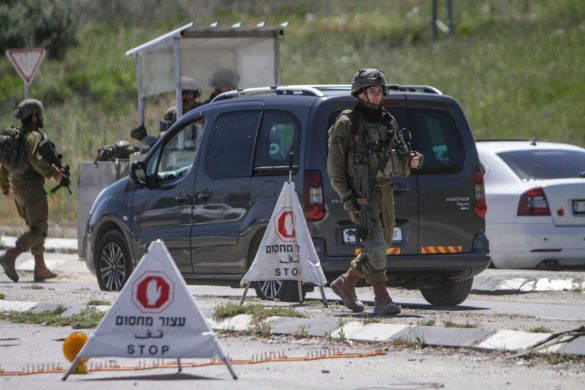Det er konklusionen på en analyse fra FN-bureauet IRIN, der skildrer en ny slags dobbelttydede u-landshjælpere – NGOer, der både leverer humanitær bistand og er fortalere for den ene part i en konflikt – her palæstinenserne overfor israelerne.
JERUSALEM, 29 November 2012 (IRIN): “We do aid not politics”, has been the traditional mantra of the mainstream humanitarian community.
But that division is not always easy to maintain, perhaps nowhere more so than for those working in the occupied Palestinian territory (oPt = Vestbredden og Gaza), something that was brought into sharp focus by the recent seven-day bombardment of the Gaza Strip.
NGOs such as Oxfam quickly condemned the escalation, saying that “real security for people in Gaza and southern Israel comes when all parties to the conflict put people before politics.”
But if politics is recognized as the problem, then can humanitarians ignore it in their search for solutions? For some, the line between humanitarian aid and political advocacy is increasingly blurred (udvisket).
The bombardment destroyed scores of buildings rebuilt with humanitarian aid since the 2008-9 crisis.
The wider context of the Israeli land, sea and air blockade of the Gaza strip has also hampered humanitarian work, “with UN and other projects stalled due to the lengthy and bureaucratic Israeli procedures to bring in crucial materials like steel, aggregate and cement,” said Ana Povrzenic, area manager of the Gaza “Shelter Sector” collective.
Rising political advocacy (kamp/støtte)
The impact of the man-made crisis in the oocupied territories in recent years has given rise to an increasing focus on political advocacy among humanitarian NGOs.
“We address political issues because humanitarian aid must come hand-in-hand with a strong advocacy platform,” said Aimee Shalan, director of advocacy and communications at the NGO Medical Aid for Palestinians (MAP).
MAP is one of 22 signatory NGOs – many of them with a humanitarian mandate – of a recent report calling on the European Union to ban imports of Israeli settlements’ (jødiske bosættelser) products.
Signatory NGOs said the continuous expansion of settlements in East Jerusalem and the West Bank has become an example of the humanitarian impact of political decisions on the ground: affecting Palestinians’ mobility, agriculture, and access to health care, and making any future territorial settlement of the conflict harder.
“From our point of view, obviously this is a political issue for us,” said Shalan.
He added that foreign aid without political engagement risked “cementing the occupation” and hence being harmful to Palestinian dignity, independence and sustainability.
The Israeli government said the report had set aside purely humanitarian concerns for a political agenda.
Shahlan’s views are controversial within the aid community, which has long debated the role of so-called dual-mandate NGOs, which provide humanitarian assistance while also advocating politically for one side in a conflict.
Accusations of partisanship
Læs videre på
http://www.irinnews.org/Report/96920/Analysis-Politics-and-humanitarianism-in-Israel-oPt














